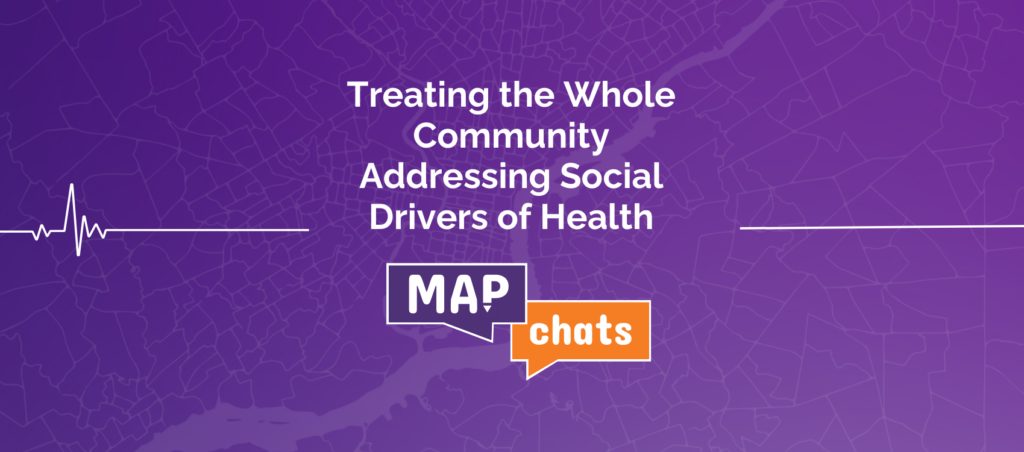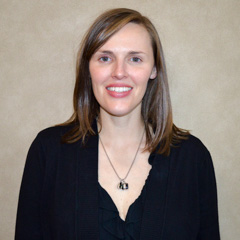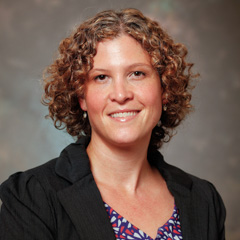Treating the Whole Community: Addressing Social Drivers of Health

Health care providers and government agencies can benefit from knowing more about the communities they serve. They can address issues unique to low-income patients and other groups with specific needs, improving outcomes and lowering medical costs. Using a data-driven approach to public health, they can successfully implement targeted health interventions, while lowering costs.
In this Mapchats webinar, we hear from two practitioners and researchers who talk about ways that they’re using community level data to improve public health: Sarah Dixon from the Iowa Primary Care Association and Amy Carroll-Scott from Drexel University’s Dornsife School of Public Health.
You can watch the webinar, as well as see the slides from the presentations, by filling out this form:
Speakers:

Sarah Dixon, MPA
Senior Director for Emerging Programs, Iowa Primary Care Association
Sarah Dixon is a member of the Iowa Primary Care Association’s senior leadership team and currently serves as Senior Director for Emerging Programs. She is responsible for leading the Association’s response to members’ needs in the areas of health care delivery system reforms and clinical, quality, performance improvement, and transformation work. Dixon provides leadership to the interdisciplinary Transformation Collaborative team and the operations of IowaHealth+, a clinically integrated network of community health centers in Iowa. Dixon also leads the development work and emerging programs for the PCA many of which specifically focus on vulnerable populations, innovative partnerships and programming related to social determinants of health, and assisting the health centers in Iowa to better connect to the needs of the communities they serve. Dixon received a BA in Economics from Grinnell College and a Master’s in Public Administration with an emphasis in public policy from Drake University.

Amy Carroll-Scott, Ph.D., M.P.H.
Assistant Professor in the Department of Community Health and Prevention, Drexel Dornsife School of Public Health
Dr. Carroll-Scott is an Assistant Professor in the Department of Community Health and Prevention at the Drexel Dornsife School of Public Health. Her research focuses on understanding and addressing urban health inequities and underlying social inequities. This research consists of rigorous social epidemiological and mixed methods studies applied to the lived experience of urban neighborhoods and schools, and driven by community-based participatory research approaches. Current projects include Co-PI of the West Philadelphia Promise Neighborhood and multi-PI of its Data & Research Core, the evaluation of the impact of Drexel’s new Dornsife Center for Neighborhood Partnerships on surrounding West Philadelphia neighborhoods and Drexel University itself, a systematic literature review and white paper on community resilience frameworks in public health, and a study of community engagement in Autism research. Prior to Drexel, Dr. Carroll-Scott was Director of Research for the Community Alliance for Research and Engagement at the Yale School of Public Health, where her work centered on the impact of community organizing and multi-sectoral, community-based chronic disease prevention interventions and policies on the health status of New Haven residents. This work employed a longitudinal design at the neighborhood and school level, and consisted of asset mapping, a school-based obesity prevention randomized control trial, and triennial community health assessments representative at the neighborhood level and conducted in partnership with community leaders and Yale-New Haven Hospital.
Dr. Carroll-Scott received her doctoral degree from the UCLA School of Public Health, where she was a Chancellor’s Fellow and a Demography trainee of the California Center for Population Research. Dr. Carroll-Scott’s dissertation explored the relationships between neighborhood structural characteristics, neighborhood-level social processes, and child wellbeing. While at UCLA, Dr. Carroll-Scott directed and evaluated the Data & Democracy Statewide Training Initiative at the UCLA Center for Health Policy Research, which provided free courses in basic research skills and health assessment methodology for community leaders in underserved communities throughout California.
Dr. Carroll-Scott is a member of the American Journal of Public Health editorial board and co-director of the Policy and Community Engagement Core of the Drexel School of Public Health Urban Health Collaborative.